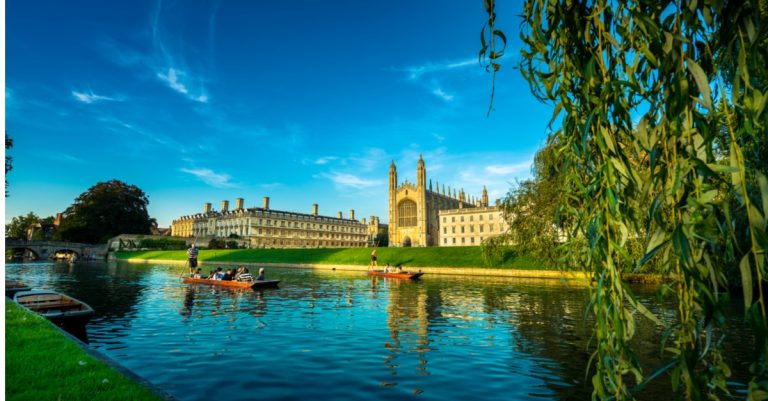
UK’s top universities have always been heavily occupied by the elite, wealthy, and white. Do these institutions do enough to stop this divide?
Not according to a new report by The Sutton Trust.
The report found that lowering offer requirements by just two grades for students from disadvantaged backgrounds could lead to a 50 percent increase in their enrolment at top universities.
By using “contextual admissions”, universities can make more considered offers based on the background of the applicant. This method of admissions takes into account the social background of the perspective student including, but not limited to, their family income, location, and school.
One indicator of the social background of the applicant is their eligibility for free school meals. The study found that this is the least commonly used indicator for the “contextual admissions”. Currently, 16 percent of pupils in England are eligible for free school meals, yet just 2.5 percent of them attend the top 30 universities each year – four times less than those not on free school meals.
Who'd have thought it? Being a rich privately-schooled southerner is still the best way to get a place at Oxbridge https://t.co/dWfQx7VLXS
— Andy Richardson (@AndyRichMedia) October 20, 2017
The Sutton Trust‘s study was led by academics at Durham University and the University of Warwick. The report assessed the extent to which “contextual admissions” were used when the UK’s 30 most selective universities made offers to perspective students. They analysed the admissions information available on the universities’ websites during the 2016-17 academic year.
The study claimed that of the current students at top UK universities, those who came from lower income families’ A Level grades were, on average, only a quarter of a grade lower than their wealthier classmates.
And yet, according to The Independent, more offers are made to students from Eton College alone than to pupils who receive free school meals across the rest of the country.
The proposed “contextual admissions” movement could benefit over 750 pupils who qualify for free school meals or are from low and moderate income backgrounds annually.
Sir Peter Lampl, chairman of the Sutton Trust, said:
“At top American universities like Harvard and Yale giving low and moderate income students a break is the norm. There is no reason why our leading universities should not do the same.”
“While concerns have been expressed that it risks ‘setting students up to fail’ by admitting them with lower grades, our analysis finds little evidence [of] higher dropout rates, lower degree completion rates, or lower degree class results,” claimed the authors of the study.
Shock!!!
Oxford and Cambridge University prefer posh, rich, white kids.https://t.co/gW1uSTkXY4
Who would have thought?— Lyndon Antcliff (@lyndoman) October 20, 2017
“It does suggest that there is no reason why students from contextual backgrounds admitted with lower grades cannot succeed at top universities with the right support.”
And it’s not just wealth determining whether you get offers to universities.
The Independent reported that between 2010 and 2015 a quarter of colleges at the University of Cambridge averaged zero offers to black British applicants. In the same period, only three out the University of Oxford‘s 32 colleges made an offer to a black applicant per year.
“Too few students from disadvantaged backgrounds are enrolling on courses at the most selective universities,” Robert Halfon, Chair of the House of Commons Education Select Committee, told The Independent.
“This is not good enough and the Sutton Trust is right to call for contextual data to be used in the admissions process.”
Liked this? Then you’ll love…
Dear Oxford & Cambridge, fix your ‘social apartheid’ – MPs
Changing fates: An Afghan refugee’s journey from war to Cambridge







